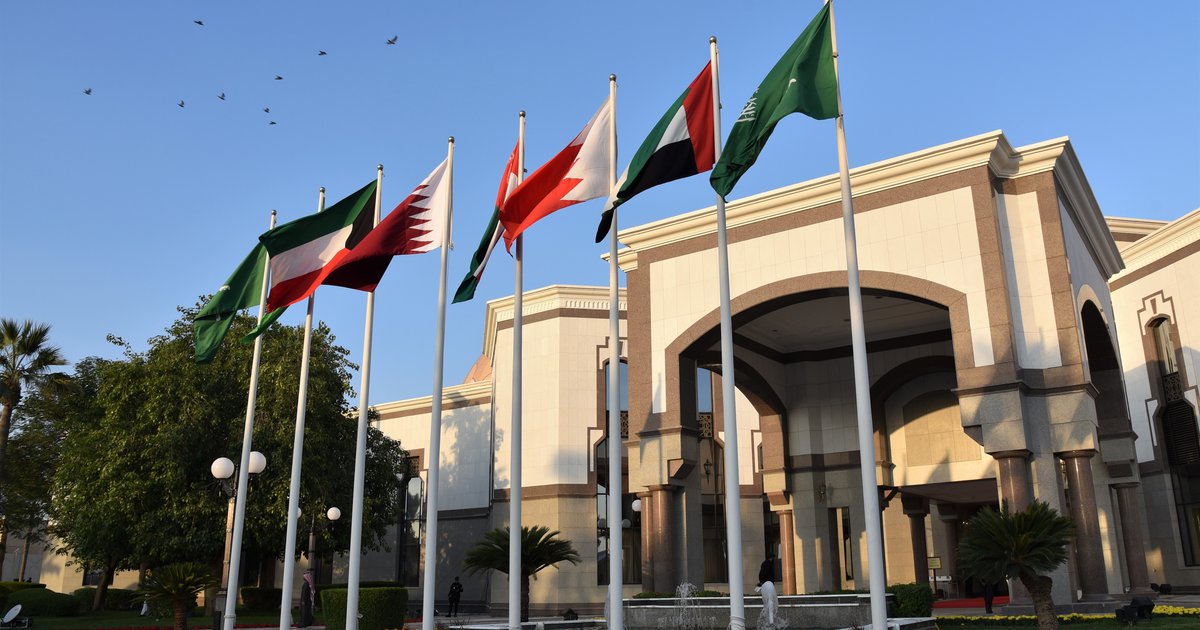
The Gulf Cooperation Council (GCC) states are the most strategic economic and political partners to the United States of America in the West Asia region. President-elect Joseph Biden and his Vice-President-elect, Kamala Harris, may not bring a fundamentally different political project to the region, but they do bring another kind of diplomacy.
Despite the widespread assumption about Biden’s presidency being an extension of Obama’s policies, there are still new realities in the Middle East that the President-elect will have to acknowledge.
The GCC countries are divided due to the Saudi-led embargo against Qatar since 2017. For many GCC leaders a revived Obama foreign policy is not ideal. This was the time we witnessed the Arab Spring revolts in 2011, the Egyptian military coup in 2013, the rise of extremist groups, and finally the Iran Nuclear Deal.
Riyadh and Abu Dhabi relished Trump’s “maximum pressure” campaign against Iran and his inaction towards human rights abuses.
Biden publicly stated that he would not tolerate the cruel murder of Saudi journalist Jamal Khashoggi, imprisonment of Saudi women activists, and war crimes in Yemen. Biden’s impatience towards Saudi Arabia and expected lenience towards Iran counters the expansive Washington lobby that Riyadh and Abu Dhabi heavily invested into.
The U.S. government’s alleged claims that it wants to witness an end to Yemen’s humanitarian crisis caused by the Saudi airstrikes were blocked by Trump’s very inner circle. Therefore, with the absence of that circle, Riyadh will have to find much simpler Houthi compromises. UAE’s gradual withdrawal from the Yemen war between 2017-19 placed it in a lesser robust situation than its Saudi neighbor in front of Trump’s defeat.
Alongside Bahrain, the United Arab Emirates (UAE) went to normalisation with Israel on 13 August 2020, officially referred to as the Abraham Accords. The shocking historic move was considered a betrayal to the Palestinian cause and unnecessary to the UAE’s geopolitical position. However, it can be read as a desperate attempt to further rival Iran.
Iran is the core focus of determining U.S.-GCC foreign policy. The signing of the nuclear deal in 2015, formally known as the Joint Comprehensive Plan of Action (JCPOA), presented a new era for the Iranian regime to break through the global western-led global isolation and sanctions. Three years later, Trump unliterally abandoned the deal and began a “maximum pressure” campaign that entailed harsher economic sanctions against Iran’s financial sector.
Biden has stated that he will rejoin the accord to pave the way for continuous negotiations. However, one cannot predict how Biden will define accurate compliance from Iran’s side, considering the unclear benchmark left by his soon-to-be predecessor. After all, Iran being Trump’s biggest enemy, does not equal Biden’s best ally. Additionally, one must not forget Riyadh’s disappointment with Trump during the September 2019 Aramco attacks.